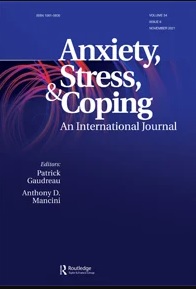
Xi Chen (co-authored with Lei Jin, Fen Lin, Yuchun Zou & Haiyan Gao)
in Anxiety, Stress & Coping, 1-10, 2021
Abstract: Little has been done to examine socioeconomic differences in the trajectory of psychological well-being during a disaster. This paper investigates educational differences in the changes in psychological well-being during the COVID-19 pandemic and explores the mechanisms of the differences. The data were obtained from a unique two-wave panel survey conducted during the peak and waning phases of the pandemic in Hubei province, the epicenter of the pandemic in China. At the peak of the pandemic, individuals with different levels of education reported high and similar levels of psychological distress. As the pandemic subsided, the psychological well-being of people of all educational levels rebounded, but the recovery was greater and faster for those with tertiary education. Mediation analysis shows that neighborhood social support and evaluation of the performance of grassroots government partially explained the advantage of the more highly educated. This study reveals how social differentiation is translated into health disparities when a disaster strikes. It may also inform public policy by identifying segments of the population at heightened risk of psychological distress during the COVID-19 pandemic.
About the author: Chen Xi was a HYI Visiting Fellow from 2013-14.
